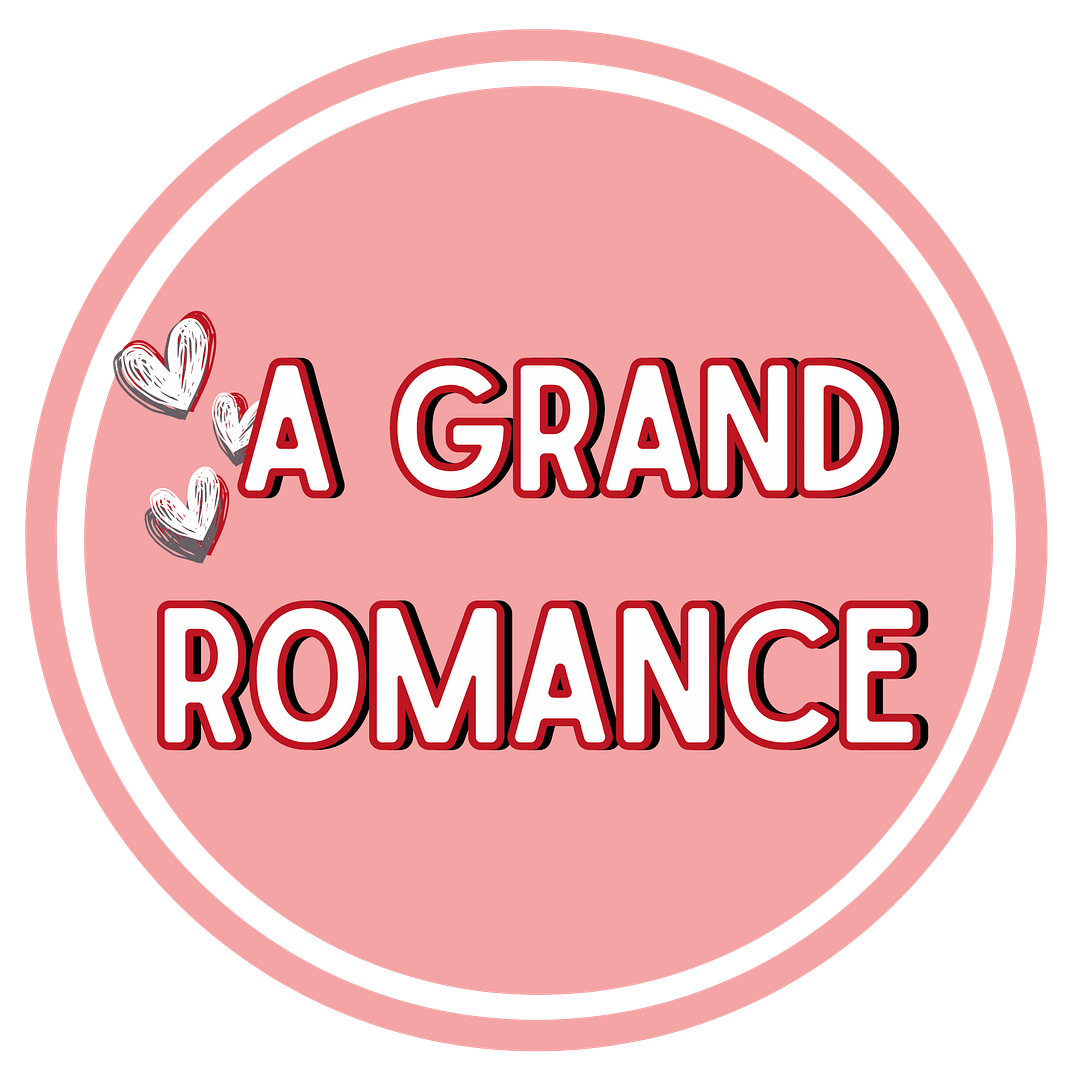Colleen Hoover: Are Her Romance Novels Problematic or Romantic?
Colleen Hoover, a prominent figure in contemporary romance literature, has garnered a massive following with her emotionally charged narratives and complex characters. However, her novels have also sparked controversy among romance book bloggers and critics. This dichotomy between fervent fandom and vocal criticism makes Hoover a particularly intriguing subject in the romance genre. The question continues to be raised: Colleen Hoover: Are her romance novels problematic or romantic?Here, we explore the reasons why some bloggers find her work problematic.
1. Portrayal of Toxic Relationships
One of the most common criticisms of Colleen Hoover’s novels is their portrayal of toxic relationships. Critics argue that her books often romanticize behaviors that are controlling, manipulative, or abusive. For example, in “It Ends with Us,” while the book addresses domestic violence and aims to shed light on the issue, some readers feel it inadvertently romanticizes the abuser by providing extensive backstory and justifications for his actions. This has led to concerns that young, impressionable readers might misunderstand the dynamics of healthy relationships.
2. Mental Health Representation
Mental health is a recurring theme in Hoover’s novels, but the way it is depicted has been a point of contention. Some bloggers feel that her portrayal of mental health issues can be superficial or sensationalized, lacking the nuance and sensitivity required for such delicate topics. This can lead to misconceptions and reinforce harmful stereotypes, particularly when mental health challenges are used primarily as plot devices rather than being handled with the depth and care they deserve.
3. Problematic Character Archetypes
Hoover’s characters often fall into certain archetypes that have drawn criticism. For instance, the ‘brooding male protagonist with a troubled past’ is a recurring figure in her books. While this archetype can add dramatic tension, some readers argue that it perpetuates the idea that love can ‘fix’ deeply ingrained personal issues, which is an unrealistic and potentially harmful message. Additionally, the frequent portrayal of female characters as being ‘saved’ by their male counterparts has been criticized for undermining the narrative of female empowerment.
4. Inconsistencies in Handling Serious Issues
Another significant issue raised by bloggers is the inconsistency in how Hoover handles serious social issues. While her novels often touch on topics such as domestic abuse, addiction, and trauma, critics argue that these issues are sometimes resolved too simplistically or melodramatically. The resolution of complex problems in a few chapters can come across as dismissive, failing to reflect the real-life complexities of these issues.
5. Impact on Young Readers
Given Hoover’s popularity among younger readers, many bloggers express concern about the messages her books send to this demographic. The depiction of intense, often unhealthy relationships can be particularly problematic for young adults who are still forming their understanding of what constitutes a healthy romantic relationship. The fear is that these narratives could influence readers to accept or overlook red flags in their own relationships.
6. Cultural Sensitivity and Diversity
In today’s literary landscape, there is a growing demand for cultural sensitivity and diversity. Some critics point out that Hoover’s novels lack sufficient representation of diverse characters and cultures, which can make her work feel exclusionary. Furthermore, when diverse characters do appear, there are instances where they fall into stereotypical roles or are not given as much depth and development as their white counterparts.
Colleen Hoover’s novels undeniably resonate with a large audience, offering gripping stories and emotional journeys that captivate readers. However, the issues raised by critics and bloggers highlight important conversations about the responsibilities of authors, especially those with significant influence. The romance genre, beloved for its escapism and emotional depth, also bears the weight of shaping readers’ perceptions of love and relationships. As such, the critique of Hoover’s work underscores a broader call for more nuanced, responsible, and inclusive storytelling in romance literature.
By engaging with these critiques, readers and authors alike can contribute to a more thoughtful and diverse literary community, where the complexities of human relationships are explored with the care and respect they deserve.

